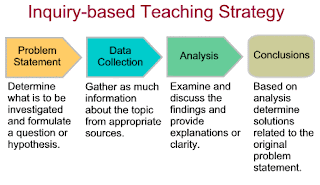 Here we go, this looks to be the last post in this course.
Here we go, this looks to be the last post in this course.It was one of the greatest courses I've attended despite the fact that it's contents are smaller than other courses.
The main reason which makes me getting this impression about the course is that it opened the gate to me to dig the possibilities of ICT in education.
We were introduced to some interesting topics like the webquest, using games in education, tutor, tutee, and tools. These can make the education more fun and fruitful and effective to the most extent if it's used applied intelligently.
Knowing these topics doesn't mean the education is a mechanical process between the teacher and the students; rather it's a knowledge combined with the emotions and humanity.
 Last and big thing we were introduced to and used it is the blog as you read it, and I think it's the other side of what differentiate this course with other course.
Last and big thing we were introduced to and used it is the blog as you read it, and I think it's the other side of what differentiate this course with other course.I think Blogging in education turns the process to be more enjoyable and it let's the students thinks deeply and reflect what they learned. This helps in retaining and developing what the student learned.
Of course there many constraints facing applying blogging with the students, so it must be not mandatory rather a complementary way to achieve the educations goals.
My last point is: we must utilize the enormous existence of the new technological era in education while not forget the pros and cons of every thing we tend to use.






